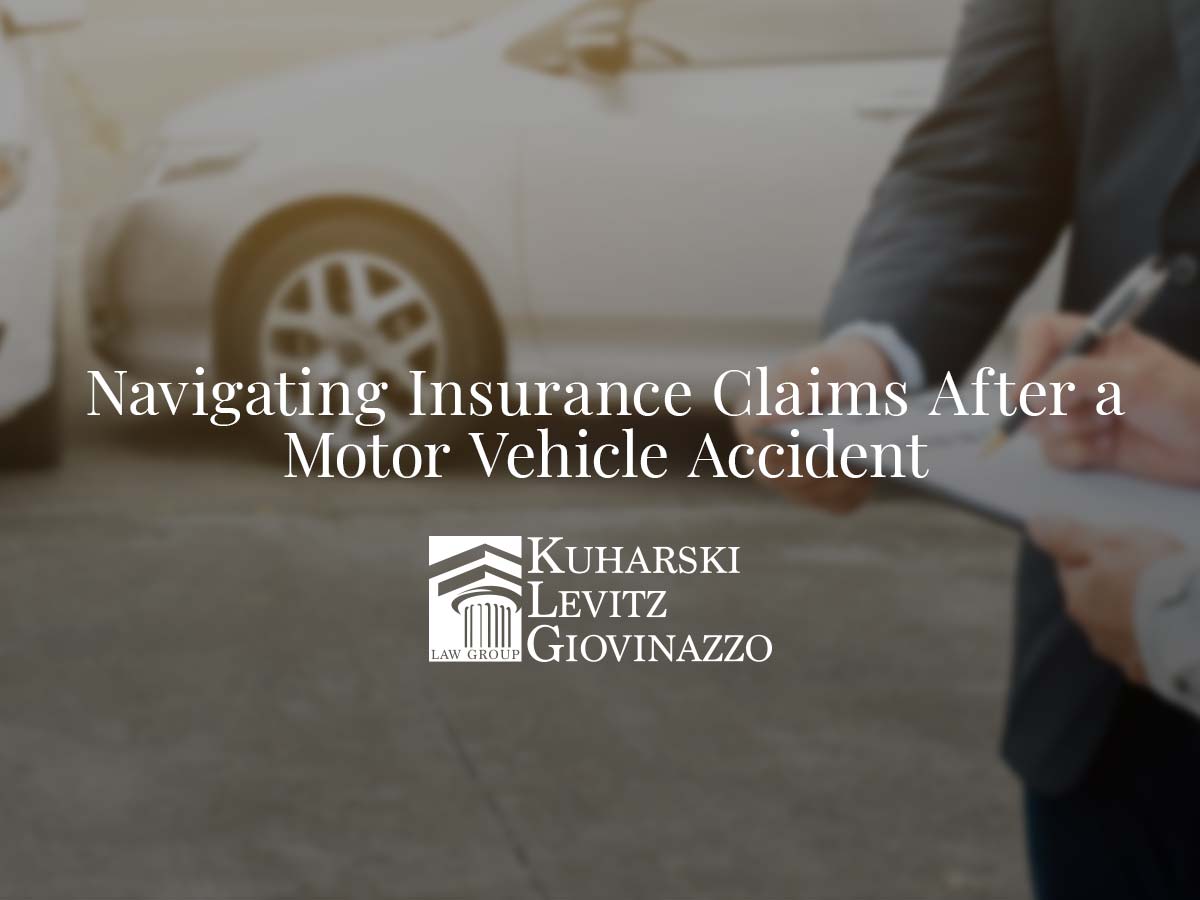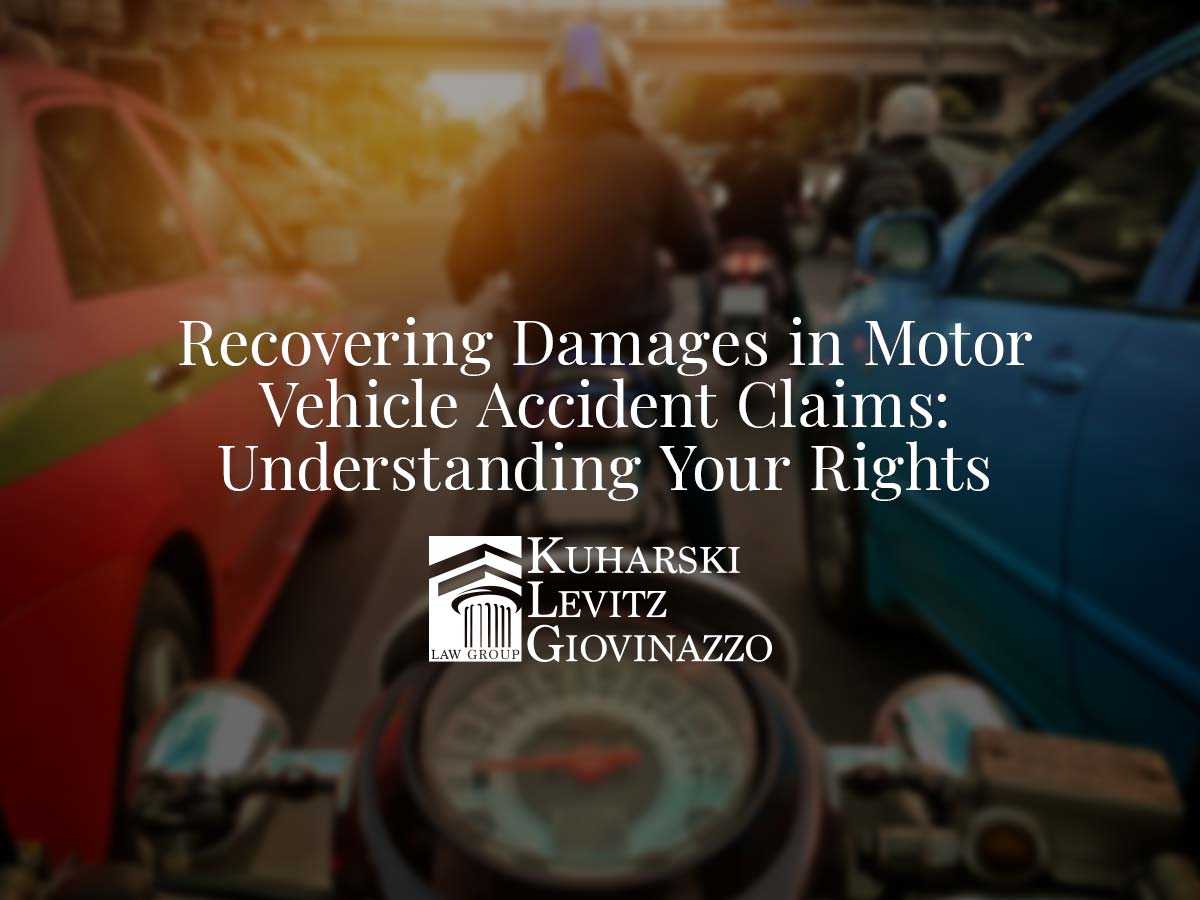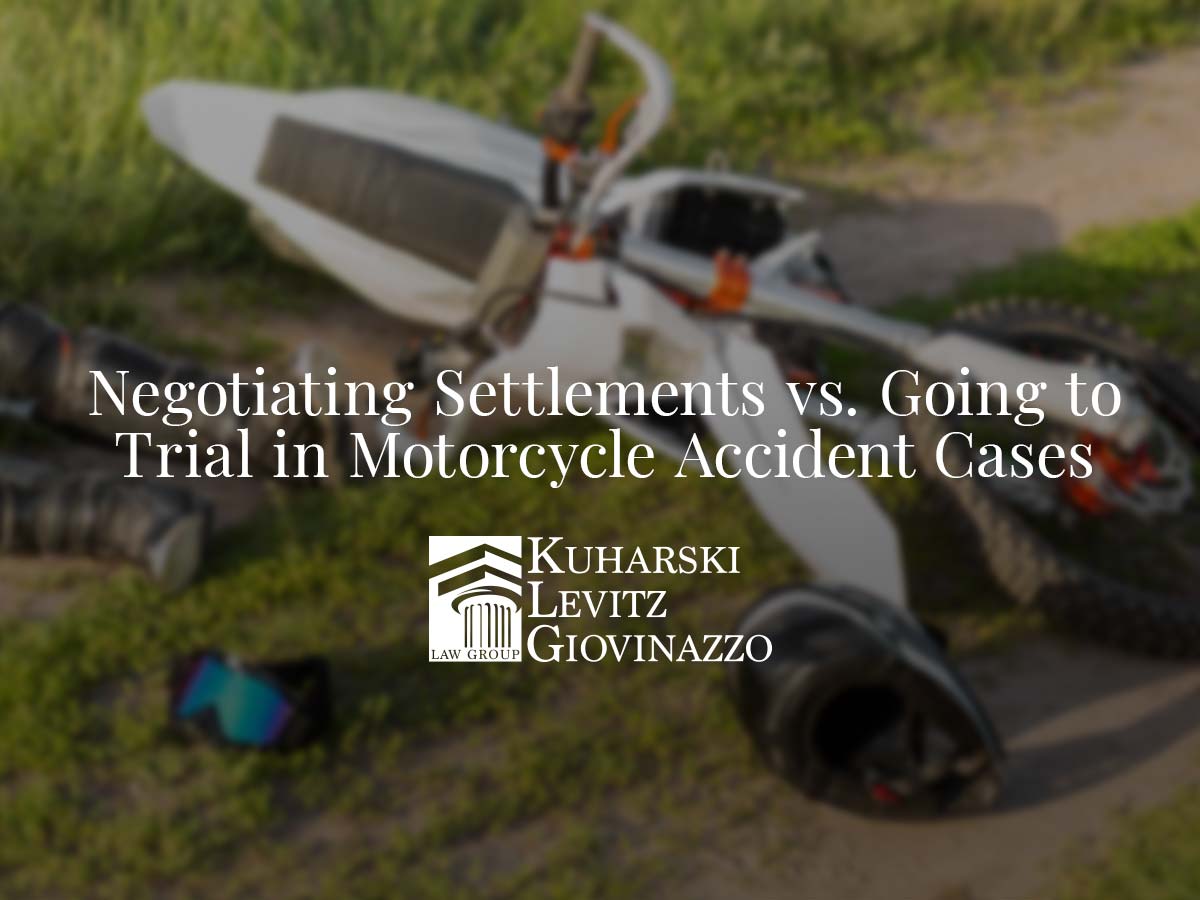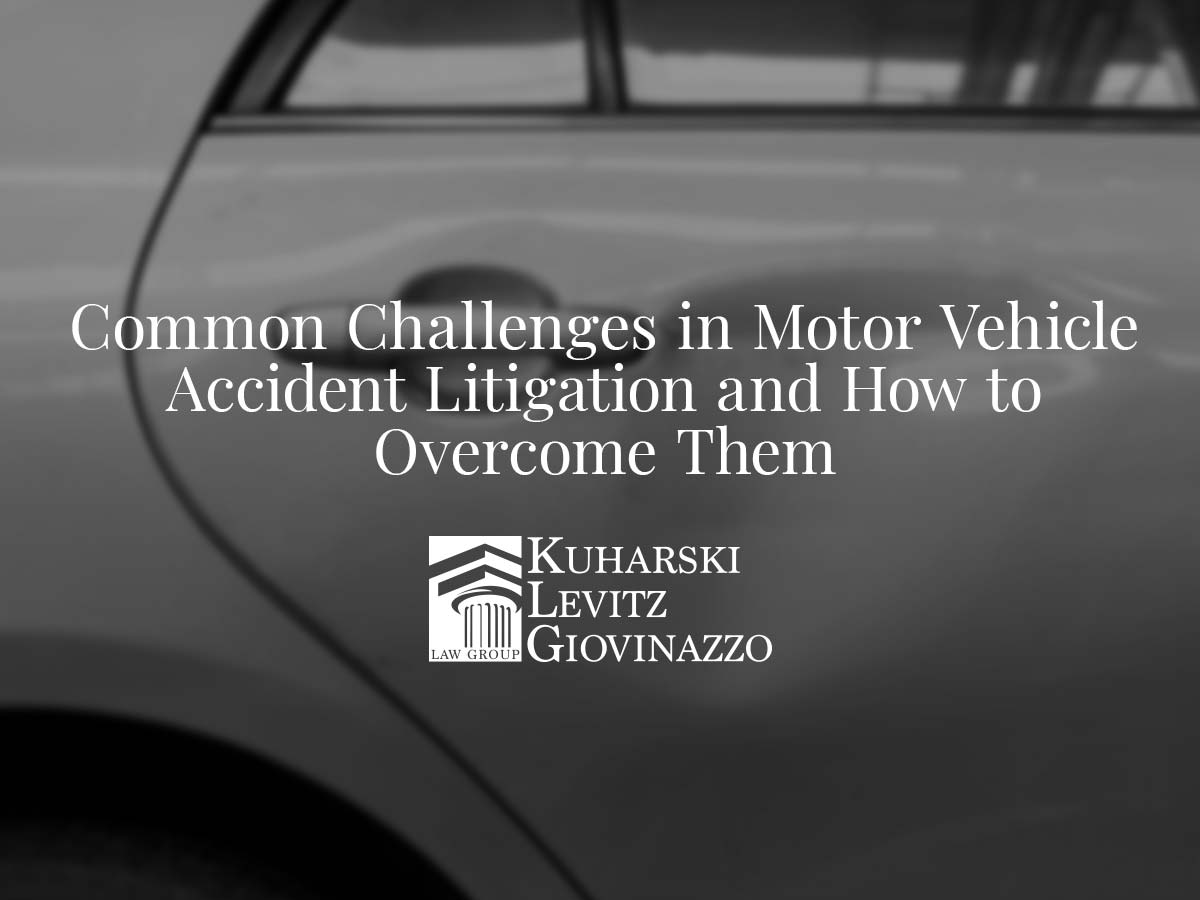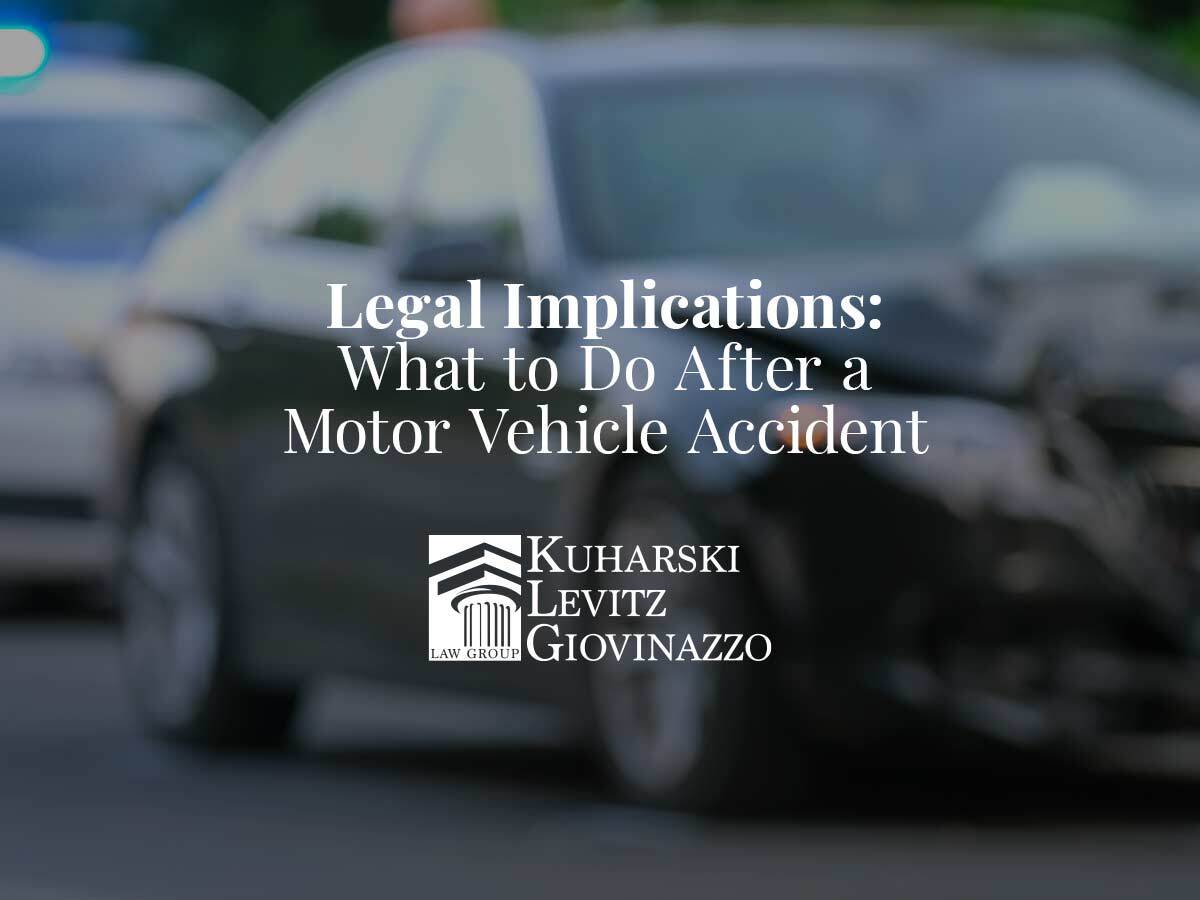Grasping the concept of insurance claims following motor vehicle accidents is vital. It goes beyond merely repairing your car – it’s about protecting your rights and ensuring you receive fair compensation for any damages or injuries.
The claim process might appear overwhelming initially – there are numerous forms to complete, phone calls to make, and details to keep track of. However, you can successfully navigate through it with some guidance and patience. So, let’s take a moment to relax; we’re about to embark on this journey together.
Immediate Steps After an Accident
Accidents can happen at any time and can be quite a shock when they do. It’s essential to know the immediate steps after an accident to ensure everyone’s safety and protect your rights.
This is what you need to do immediately after an accident; these steps can help you navigate the often stressful aftermath with clarity and confidence.
Safety First and Medical Attention
The first thing you want to do after a car accident? Get yourself to safety. Now, this might seem like a no-brainer, but it’s easy to forget in the heat of the moment. So let’s break it down:
- Check yourself for injuries: Are you bleeding? Can you move all your limbs? Does anything hurt?
- If you can, move away from the road or traffic.
- If other people are involved in the accident, check on them too.
After that, don’t hesitate to seek medical attention, even if your injuries seem minor. Some injuries aren’t immediately apparent and may appear hours or days later.
In addition to taking care of your health, this also documents any potential injuries that could be important when navigating insurance claims after a motor vehicle accident.
Ring Up Law Enforcement and Document Everything
Next up on our list of dos is contacting law enforcement – another critical step in dealing with insurance claims post-accident. Why so?
Well, having a police report provides an unbiased third-party account of what happened, which can help establish who was at fault for the accident.
While waiting for law enforcement, start documenting everything about the scene:
- Take pictures from different angles showing damage to all vehicles involved
- Note down specific details like weather conditions, time of day, etc.
- Write down your version of events while they’re still fresh in your mind.
Remember, every little detail counts!
Gather Information from All Parties Involved
Finally, yet importantly comes gathering information from everyone involved in the accident:
- Names
- Contact details
- Insurance information
- License plate numbers
And here’s where things get tricky; emotions can run high after an auto accident, making this step potentially difficult. But remember – keeping calm and staying professional goes a long way here.
Understanding Your Insurance Policy
Navigating the complexities of an insurance policy can often be a daunting task. This aims to simplify the process, providing you with a comprehensive understanding of your insurance policy.
Types of Coverage and Their Implications
Motor vehicle insurance isn’t a one-size-fits-all deal. It comes in several types, each with its own set of implications:
- Liability Insurance – This is the bare minimum most states require. If you’re at fault in an accident, it covers the damage to the other party’s vehicle or property.
- Collision Insurance – Regardless of who’s to blame, this coverage will fix or replace your car if you’ve had a run-in with another vehicle or object.
- Comprehensive Insurance – Think of this as your all-risk cover. It protects against theft, fire, vandalism, natural disasters—you name it.
The type of coverage you choose can significantly impact how smooth sailing your claim process is after an accident. For instance, if you only have liability insurance and are at fault in an accident, prepare for some out-of-pocket expenses.
Reviewing Policy Limits and Deductibles
Next up on our agenda: policy limits and deductibles. In layman’s terms:
- Policy Limit – The maximum amount your insurer will pay for a covered loss.
- Deductible – The amount you cough up before your insurance kicks in.
Higher policy limits mean more financial protection and higher premiums; lower deductibles mean less out-of-pocket costs when making a claim but again—higher premiums.
Identifying Optional Coverage That May Be Beneficial
Last but not least—optional coverage. These cost more but can make all the difference:
- Uninsured/Underinsured Motorist Protection (UM/UIM) – Steps in when the at-fault driver doesn’t have enough (or any) insurance to cover your losses.
- Medical Payments Coverage/Personal Injury Protection (MedPay/PIP) – Helps with medical bills regardless of who caused the accident.
- Gap Insurance – This covers the difference between what you owe on a loan or lease and what your car is worth if it gets totaled.
Remember—navigating insurance claims post-accident isn’t just about knowing what steps to take; it starts much earlier—with understanding our policies inside out!
Filing an Insurance Claim
Navigating the process of filing an insurance claim can often be complex and overwhelming. Let’s simplify that process, providing clear, step-by-step instructions and valuable tips to help you understand what to expect when filing an insurance claim.
Prompt Contact with Your Insurer
So, you’ve just had a motor vehicle accident. What’s next? One of the first things on your to-do list should be contacting your insurance company. You might be thinking, “Can’t this wait until tomorrow?” But here’s the thing – speed is critical in these situations.
If you delay contacting your insurer after an accident, the process becomes more complicated and harder to navigate.
Now, picture this: You call your insurer promptly after the accident. They can guide you through what comes next and what information they need from you right off the bat.
- It saves time
- It reduces confusion
- It sets clear expectations for both parties
Sure sounds better than waiting and complicating things further, doesn’t it?
Required Information and Documentation
Let’s move on to another crucial aspect: gathering necessary information and documentation.
- Personal details: This includes names, addresses, and phone numbers.
- Insurance specifics: Policy numbers are key here.
- Accident particulars: Date, time, location – every little detail counts.
- Vehicle data: Make sure to note down the make, model, and year.
- Witness info: If there were any witnesses at the accident scene, their statements could prove invaluable.
The Role of Claims Adjuster
Finally we have one last actor entering our stage – meet the claims adjuster! They investigate claims to determine how much compensation should be provided.
Here’s what their role entails:
- They review your claim
- They inspect any property damage
- They determine fault in an accident
- They negotiate settlements
Dealing with the Other Party’s Insurance
Navigating the complexities of insurance claims after an accident can be a daunting task. This is particularly true when dealing with the other party’s insurance company. This is the essential tips and insights on how to effectively handle this process.
Clear Communication is Key
No one wants to be in a motor vehicle accident. But when it happens, and you’re dealing with the other party’s insurance company, clear communication is your best friend.
Now imagine this – you’re on the phone with an insurance adjuster from the at-fault party’s insurance company. You’ve got all your facts straight and you’re ready to lay it all out. Remember, accurate and clear information is your superpower here.
- What happened during the accident?
- What damages did your vehicle sustain?
- Any injuries?
- Were there any eyewitnesses?
The more detailed and precise info you provide, the better.
Avoiding Communication Pitfalls
We’ve all heard those stories about who ended up getting less than they deserved from insurance claims because of some careless words or actions.
Here are some common pitfalls in communication that you should avoid like a plague:
- Never admit fault: Even if you think you might be partly to blame for the accident, don’t say so.
- Don’t downplay your injuries: If asked how you are doing, resist the urge to respond with “I’m fine” if that’s not true.
- Avoid giving recorded statements: These can be used against you later.
- Don’t sign anything without understanding it fully: It could limit your claim.
Navigating Insurance Claims: Dos and Don’ts
Navigating through insurance claims after a motor vehicle accident can feel like walking through a minefield blindfolded! But don’t worry – We’ve got some dos and don’ts that’ll help guide you:
Do
- Document everything: Keep records of all conversations and correspondence with the insurance company.
- Be patient: Settling an insurance claim can take time.
- Hire a lawyer if needed: If things get complicated or contentious, consider hiring a professional.
Don’t
- Accept first offers immediately: They may try to lowball you initially.
- Ignore deadlines: Missing them could result in losing your right to make a claim.
- Forget about uninsured/underinsured motorist coverage: If the other driver doesn’t have enough (or any) auto liability coverage, this will protect you.
Importance of Timely Reporting
Reporting a motor vehicle accident to your insurance company within the stipulated time frame. If you’re scratching your head wondering why this is so important, let me put it simply: Time is money. And in this case, we’re talking about your money.
Picture this: You’ve had an unfortunate fender-bender. The adrenaline rush post-accident has got you all flustered and disoriented. But amidst all that chaos, one thing needs to be on top of your priority list – reporting the incident to your insurance provider. Why? Because every second counts.
The Clock is Ticking
Insurance companies have policies in place that require accidents to be reported within a certain timeframe. This can vary from 24 hours to a week or more depending upon the insurer’s guidelines. So what happens if you miss these deadlines?
- Claim denial: Your claim could be outright denied.
- Delayed payout: Even if approved, there might be significant delays in processing and payout.
- Increased premiums: It might lead to increased premium rates at renewal.
Consequences of Delayed Reporting
So what’s the big deal about delayed reporting? Well, think about it like trying to solve a jigsaw puzzle with missing pieces.
Firstly, evidence collection becomes tricky as time passes by after an accident occurs:
- Physical evidence at the scene may get disturbed or disappear
- Witnesses may forget details or become unavailable
- Vehicle damage could worsen over time
Secondly, insurance companies need immediate notification so they can promptly investigate and assess liability:
- Accurate assessment: Immediate reporting allows for an accurate assessment of damages and injuries.
- Fraud prevention: Prompt investigation helps prevent fraudulent claims which are unfortunately quite common post-accidents.
- Legal protection: It also provides legal protection against third-party claims.
To sum up, timely reporting isn’t just another task on your post-accident checklist; it plays a crucial role in navigating insurance claims successfully after a motor vehicle accident.
Documenting Damages and Injuries
In this section, we are going to delve into the crucial aspect of documenting damages and injuries. Whether it’s for insurance purposes, legal proceedings, or personal records, proper documentation can significantly impact the outcome.
Snap It, Record It
Photos and videos are essential after a motor vehicle accident.
- The Wreck: Photograph the vehicles involved from multiple angles. Capture close-ups of any visible damages.
- The Scene: Take wider shots of the accident scene. Include traffic signs, road conditions, skid marks, or debris on the road.
- Injuries: If there are visible injuries, document them too. But remember to respect privacy and consent.
Videos can provide an even more comprehensive view of what happened. Walk around the scene while narrating what you see and remember.
The Paper Trail: Medical Records & Treatment Expenses
Next up on our list is keeping track of medical records and treatment expenses.
- Medical Records: Keep every single document related to your treatment – doctors’ reports, prescriptions, test results – everything!
- Expenses: All receipts related to your medical care should be kept safe, – hospital bills, pharmacy receipts for medications prescribed due to the accident.
- Follow-ups: Don’t forget about follow-up visits or ongoing treatments such as physiotherapy sessions!
These documents serve as proof of your injuries and establish their connection with the accident.
Property Damage Estimates
Lastly, let’s talk about accurately estimating property damages because we all know that cars don’t come cheap these days!
First things first:
- Get a professional assessment: A qualified mechanic or body shop can provide an accurate estimate of repair costs.
- Multiple Quotes: Don’t just settle for one quote; get at least two or three from different shops for comparison.
- Detailed Report: Ensure that each quote includes detailed breakdowns of labor costs and parts needed.
Why does this matter? An accurate estimate can prevent disputes when filing your claim with the insurance company.
Seeking Medical Treatment
When it comes to our health, seeking timely and appropriate medical treatment is important. This will aim guide you through the process of recognizing when medical intervention is necessary.
Prompt Medical Attention Matters
Imagine you’ve just been involved in a motor vehicle accident. Your adrenaline is pumping, and you feel fine, so you decide to skip the hospital visit. But wait! Did you know that some injuries don’t show symptoms immediately?
It’s crucial to get medical attention right after an accident, even if you think it’s unnecessary. Why? Well, first off, it’s about your health – prioritizing it can prevent minor injuries from turning into major complications down the line.
Secondly, seeking immediate medical help serves as a documented record of your injuries, which can significantly influence your insurance claim later on.
- Whiplash: Symptoms might not appear for hours or even days.
- Concussion: You might feel okay at first but could have suffered a brain injury.
- Internal bleeding: No visible signs until it becomes critical.
The Role of Medical Records in Claims
These records provide evidence that your injuries were indeed caused by the accident and not pre-existing conditions or another incident that occurred after the accident.
They also detail the extent and severity of your injuries – information that is crucial when determining how much compensation you may receive.
- Immediate treatment records: These include ambulance reports and emergency room records.
- Follow-up treatment records: Details from follow-up visits with doctors or specialists.
- Rehabilitation records: Documentation from physical therapists or other rehabilitation professionals.
Long-Term Injuries: A Complex Scenario
Addressing long-term injuries and potential complications is another significant aspect to consider while navigating insurance claims after a motor vehicle accident.
Long-term or permanent injuries can drastically affect not just your quality of life but also impact how much compensation you’re entitled to receive. It’s like having a leaky faucet at home; over time, those little drops can add up to a large water bill (or in this case, substantial medical bills).
However, proving long-term damage isn’t always straightforward due to their complex nature:
- Some conditions worsen over time: For example, chronic pain disorders may become more debilitating.
- Future surgeries might be required: If initial treatments aren’t successful.
- Mental health impacts: Post-traumatic stress disorder (PTSD) often surfaces months after an accident.
Dealing with Insurance Adjusters
Navigating the insurance claims can be daunting, especially when dealing with insurance adjusters. These professionals play a key role in the process, determining the extent of the insurance company’s liability.
Effective Communication
Let’s jump in without hesitation. It may be uncomfortable to interact with insurance adjusters in conversation. Many individuals struggle with this as well, so you’re not alone.
- Keep your cool: The adjuster is doing their job, and so should you. Treat it as a business conversation.
- Be prepared: Before you pick up that phone or reply to that email, make sure you know your facts. It’s your story, stick to it.
- Don’t overshare: Only answer what’s asked. Avoid volunteering information.
These might seem like simple steps but trust me, they can save you from unnecessary hassle down the line.
Consistency is Key
Now, let’s talk about providing consistent statements. This could be a game-changer when navigating insurance claims after a motor vehicle accident.
- Document everything: From the accident scene to medical visits, keep tabs on every single detail.
- Stay organized: Store all documents and notes in one place for easy access.
- Repeat yourself: Yes, it might sound boring, but ensure your story remains the same every time you tell it.
Tread Carefully with Recorded Statements
Let’s talk about recorded statements last because they are more than just words on a recording. Consider them as two-edged swords that, depending on how you handle them, can either help or hurt your claim.
- Request advance notice: Ask for ample time before giving a recorded statement so you can prepare well.
- Review previous statements: To avoid contradicting yourself, revisit records before making new ones.
- Consult an attorney if possible: They understand legal jargon and implications better than anyone else.
By understanding how to deal effectively with insurance adjusters and maintaining consistency in your statements while being cautious about recorded ones, you’ll be well-equipped to handle any curveballs thrown your way during this process!
Avoiding Common Mistakes
Navigating through life, we often stumble upon various challenges and make mistakes. While these errors can be a great source of learning, it’s always beneficial to know how to avoid some of the common pitfalls.
Quick to Admit Fault
One of the most common mistakes people make after a motor vehicle accident is admitting fault prematurely. It’s an easy trap to fall into, especially in the heat of the moment when emotions are running high, and you might feel guilty or responsible for what happened.
- Don’t admit fault at the scene: Even if you think you’re at fault, there could be factors you’re unaware of that contributed to the accident. Let the police and insurance companies investigate and determine who’s at fault.
- Watch your words: Something as simple as saying “I’m sorry” can be misconstrued as an admission of guilt.
- Stick to facts: When discussing the accident with anyone, stick to the facts without making interpretations or assumptions.
Remember, it’s not about evading responsibility but ensuring a fair evaluation of events.
Rushing Into Settlements
Another mistake is settling too quickly without evaluating all damages thoroughly. After an accident, you might want to get everything sorted out quickly and move on with your life. However, rushing into a settlement can leave you short-changed.
- Evaluate all damages: This includes physical injuries and damage to your vehicle.
- Consider future costs: Some injuries may require long-term treatment or therapy, which should be factored into your claim.
- Get professional help: A lawyer or claims adjuster can help ensure that all potential costs are considered in your claim.
The key here is patience – don’t let insurers rush you into accepting a quick payout that doesn’t fully cover your damages.
Oversharing Information
Lastly, providing excessive information that could be misconstrued is another common pitfall when navigating insurance claims after a motor vehicle accident.
- Don’t overshare: Stick to relevant details about the accident itself – avoid sharing personal opinions or speculations about what caused it.
- Be cautious with written statements: If asked for a written information, review it carefully before submitting it – once submitted, it cannot be taken back or altered.
- Consult before signing anything: Don’t consult an attorney or trusted advisor first – some documents may waive essential rights!
Negotiating a Fair Settlement
Negotiating a fair settlement is a crucial task that requires a keen understanding of the situation and the ability to advocate for one’s best interests.
Evaluating Initial Settlement Offers
So, you’ve been in an accident, and now it’s time to deal with the insurance company. The first thing they’ll do? Toss an initial settlement offer your way.
Insurance companies are businesses. Their main goal is to keep costs low. This often means their first offer might not fully cover all your expenses or compensate for the pain and suffering experienced due to the accident.
- Medical Bills: Ensure the offer covers all current and future medical expenses related to the accident.
- Vehicle Repairs: Check if it includes repair or replacement costs.
- Lost Wages: If you had to miss work due to injuries, they should compensate for that, too.
To evaluate the fairness of an offer, gather all relevant documents like medical records, repair estimates, proof of lost wages, etc., and tally up the total cost. Compare this with their offer.
Presenting Counteroffers with Supporting Evidence
If their initial offer falls short (and chances are it will), don’t fret! You have every right to present a counteroffer backed by solid evidence.
- Calculate what you believe is a fair amount based on your expenses.
- Compile supporting documents as proof of these costs.
- Write a detailed letter explaining their insufficient offer, highlighting each expense with attached evidence.
- Send this via certified mail so there’s a record of receipt.
Remember, negotiation isn’t about being combative but about reaching a mutually agreeable solution through clear communication and factual evidence.
The Potential Need for Legal Representation
Sometimes, despite best efforts, negotiations reach a stalemate, or worse yet, they deny your claim outright! That’s when it may be time to bring in legal representation.
Lawyers specializing in motor vehicle accidents understand the ins and outs of insurance claims better than anyone else out there!
They can help:
- Evaluate settlement offers
- Prepare counteroffers
- Represent you during negotiations
- Even take things to court if necessary!
Appealing Denied Claims
It can be challenging to navigate the insurance claims process, especially when a claim is rejected. It aims to help you through the appeals process for denied claims by offering insightful advice and helpful hints to enable you to successfully contest the decision and obtain the coverage you are entitled to.
Unraveling Denial Reasons
The first step in appealing denied claims is getting the lowdown on why your claim was rejected in the first place.
Insurance companies can deny claims for a variety of reasons:
- Lack of coverage: Maybe the policy doesn’t cover the type of damage or loss you’ve experienced.
- Late filing: It could be denied if you didn’t file your claim within the specified time frame.
- Incomplete information: Did you forget to include the necessary details or documentation? That could be a reason, too.
Once you know why your claim was denied, you can start building an appeal that directly addresses these issues.
Building Your Appeal Case
Now that we’ve gathered the reasons, let’s create a compelling argument for our appeal. We need concrete steps and solid evidence.
Here are some steps to follow when filing an appeal:
- Review your policy thoroughly: Make sure you understand all terms and conditions.
- Gather additional evidence: This could include pictures, receipts, medical records, etc., depending on the nature of your claim.
- Write a formal letter stating your intent to appeal. Include all relevant information about the initial claim and reasons for denial.
- Send everything to your insurance company by certified mail: This way, there’s proof they received it.
The Waiting Game
Finally comes the part where patience plays its role – waiting for the appeals process to complete.
The appeals process timeline typically involves the following:
- An initial review by a claims adjuster
- Potential request for more information
- Final decision-making stage
This process can take anywhere from 30 days up to several months, depending on various factors, including the case’s complexity and the adjuster’s workload.
While waiting might seem like forever in such situations. Like any other process involving bureaucracy and paperwork (and lots of it), appealing denied claims takes time, too, but with perseverance and patience, things often work out eventually.
Addressing Personal Injury Claims
Personal injury claims play a vital role in complicated legal disputes. When someone is harmed by an accident or injury and another party may be held legally liable, these claims become relevant.
The Claim Spectrum
Navigating insurance claims after a motor vehicle accident can be tricky. You’ve got two main types of personal injury claims to deal with: bodily injury and personal injury protection (PIP) claims.
Bodily injury claims relate to the physical harm you’ve suffered due to someone else’s negligence or wrongdoing. These include all kinds of injuries, from broken bones and burns to spinal cord damage and traumatic brain injuries.
On the other hand, PIP claims are part of your auto insurance policy. They cover medical expenses, lost wages, and additional out-of-pocket costs regardless of who caused the accident – a little something we like to call “no-fault” coverage.
So what’s the big difference? Well:
- Bodily injury claims are filed against the at-fault party’s insurance company.
- PIP claims are filed with your insurer.
Compensation Quest
Let’s discuss seeking fair compensation for medical expenses, pain, and suffering.
Medical expenses can pile up quickly following an accident. Hospital stays, surgeries, medications—it all adds up! And that doesn’t even touch on non-economic damages like pain and suffering.
Here are some pointers:
- Document everything related to your treatment.
- Keep track of all costs related to your recovery.
- Don’t forget about future medical expenses if your injuries require ongoing care or rehabilitation.
The goal here is not just getting reimbursed but also ensuring you’re adequately compensated for any long-term effects of the accident on your life.
Medical Records and Expert Opinions
Your medical records serve as concrete evidence of your injuries and associated costs. They provide a detailed account of treatments received, their necessity, and their cost implications – basically everything needed to substantiate your claim.
But it doesn’t stop there! Expert opinions play a crucial role, too. A well-respected doctor or specialist can provide valuable insight into:
- The severity of your injuries
- Their impact on quality of life
- Future prognosis
- Potential need for further treatment or therapy
Just remember: navigating insurance claims after a motor vehicle accident isn’t easy but understanding these key aspects will definitely give you an edge in securing fair compensation for personal injury damages incurred during such unfortunate events!
Your Guide to Post-Accident Insurance Claims
After a car accident, navigating insurance claims can be challenging. However, you can protect your interests by being proactive and educated.
Remember to keep your cool when dealing with uninsured or underinsured motorists, as this is often where things get tricky. Always document everything, seek timely medical treatment, and negotiate for a fair settlement.
If you’re feeling overwhelmed, don’t hesitate to seek professional help at Kuharski, Levitz, & Giovinazzo Law Group.
Remember, the goal isn’t just to survive the process but to come out on top. So arm yourself with knowledge and stand up for your rights. You’ve got this! If you have more questions or need further assistance, please contact us.
FAQs
What should I do immediately after a motor vehicle accident?
Firstly, check for injuries and call emergency services if needed. Next, move to safety and report the accident to the police. Document the scene and exchange information with other parties involved.
How long do I have to file an insurance claim?
The timeframe varies depending on your policy and state law; filing as soon as possible is best.
Can I appeal a denied claim?
Yes! You can appeal through internal review or take legal action if you believe your claim was wrongfully denied.
What’s an insurance adjuster?
An insurance adjuster investigates insurance claims by interviewing the claimant and witnesses, consulting police reports and hospital records, inspecting property damage, etc., to determine how much the company should pay for the loss.
Should I always accept the first settlement offer?
Not necessarily. Initial offers might be lower than you deserve, so it’s usually wise to negotiate.

